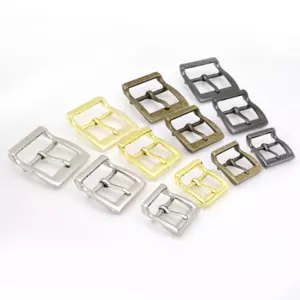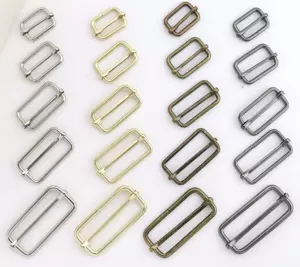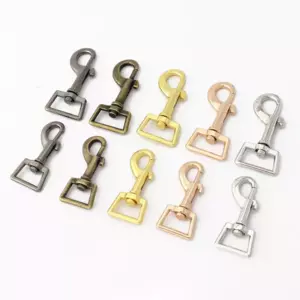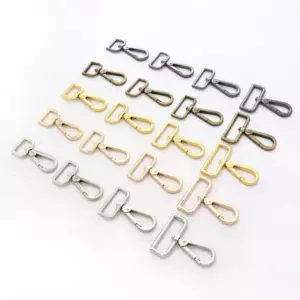How many types of fasteners are there?
There are broadly two categories of fasteners.
Permanent Fasteners
These are the fasteners used for joining objects permanently with a solid hold and durability.
Permanent fasting is used in storage, buildings, factories, homes, docks, and almost everywhere, from mobile to buildings to any resource where a durable joint is required. The types of permanent fasteners are welding, crimping, rivet nuts, nails, etc. These fasteners are long-term, but if any problem occurs, they are replaceable.
Non-Permanent Fasteners
Non-permanent fasteners, as the name suggests, are temporary fixtures that are widely used in industries, packaging, and other related fields. These are designed in a way to allow the products to dismantle and rearrange as and when required. They are commonly known as bolts, pins, retaining rings, screws, etc.
How are fasteners measured?
There are multiple fasteners available in the market, and accordingly, there are various sizes available; therefore, we need to put out the exact size of the fastener that we need. If the size differs, the fastener will not fit into the desired object causing problems.
There are three things you have to measure:
Shank Diameter
It is measured in millimetres and expresses the diameter of the bolt or nut is used.
Shank Length.
The length of the fastener is measured from the starting of the object's surface to the end of the fastener. Some fasteners have to sit on the object's surface and are measured directly from under the head of the bolt to the end. The measurement for fasteners designed to countersink into the surface is made from the tip of the head to the end length of the bolt.
Thread Pitch
Thread pitch is the distance between two threads, and the measurement unit is millimetres. The smaller bolts and fasteners tend to have finer threads meaning the thread pitch is small. There are different bolt measurement gauges available in the market that you may use to measure the size of the fastener.
Can a fastener, once removed, be reused?
Permanent fasteners are used for durable fixtures; hence they are non-reusables because once they are pulled out, they get damaged. However, non-permanent fixtures can be reused depending upon the condition they are in. If the bolts and nuts are not damaged or rusty, they can be reused. If they are in a damaged condition, you should avoid reusing them.
Which material are fasteners made of?
Fasteners are made from various materials depending on the durability, resistance, and strength of the material. The fasteners to be used in a particular project like ships, buildings, tables, etc., are decided basis the material they are made of and the environment they will have to stay in.
Carbon Steel filters: Used in automobiles, oil, gas, ships, etc. They are black.
Stainless steel Fasteners: They are mostly used in automobiles and households.
Aluminium fasteners: These are fasteners that stand out from others because of their natural corrosion resistance and nonmagnetic properties, along with their strength to tolerate different temperatures.
Titanium Fasteners: They can sustain themselves at extremely high temperatures; hence they are used in petrochemical industries, aircraft, etc.
Brass and Bronze fasteners: Such fasteners are very high in cost and are mostly used for aesthetic purposes.
Non-Metallic Fasteners: They are made for use in packaging or chemical industries but are not very durable and cannot sustain in adverse environments
How many types of non-permanent fasteners are there?
Two types of non-permanent fasteners are available in the market, i.e., Threaded and Non- Threaded.
Threaded fasteners are widely used in areas where component assembling is done. They are easy to use and can be effortlessly installed and removed as and when needed. Bolts, screws, and Studs are three main types of Threaded Fasteners. They are available in both right-hand and left-hand designs depending upon the application.
Non-Threaded Fasteners
These are used in automotive and aeronautical projects and can be applied with or without threaded fasteners. Washers, pins, Snap rings, etc. are varieties of non-threaded fasteners








